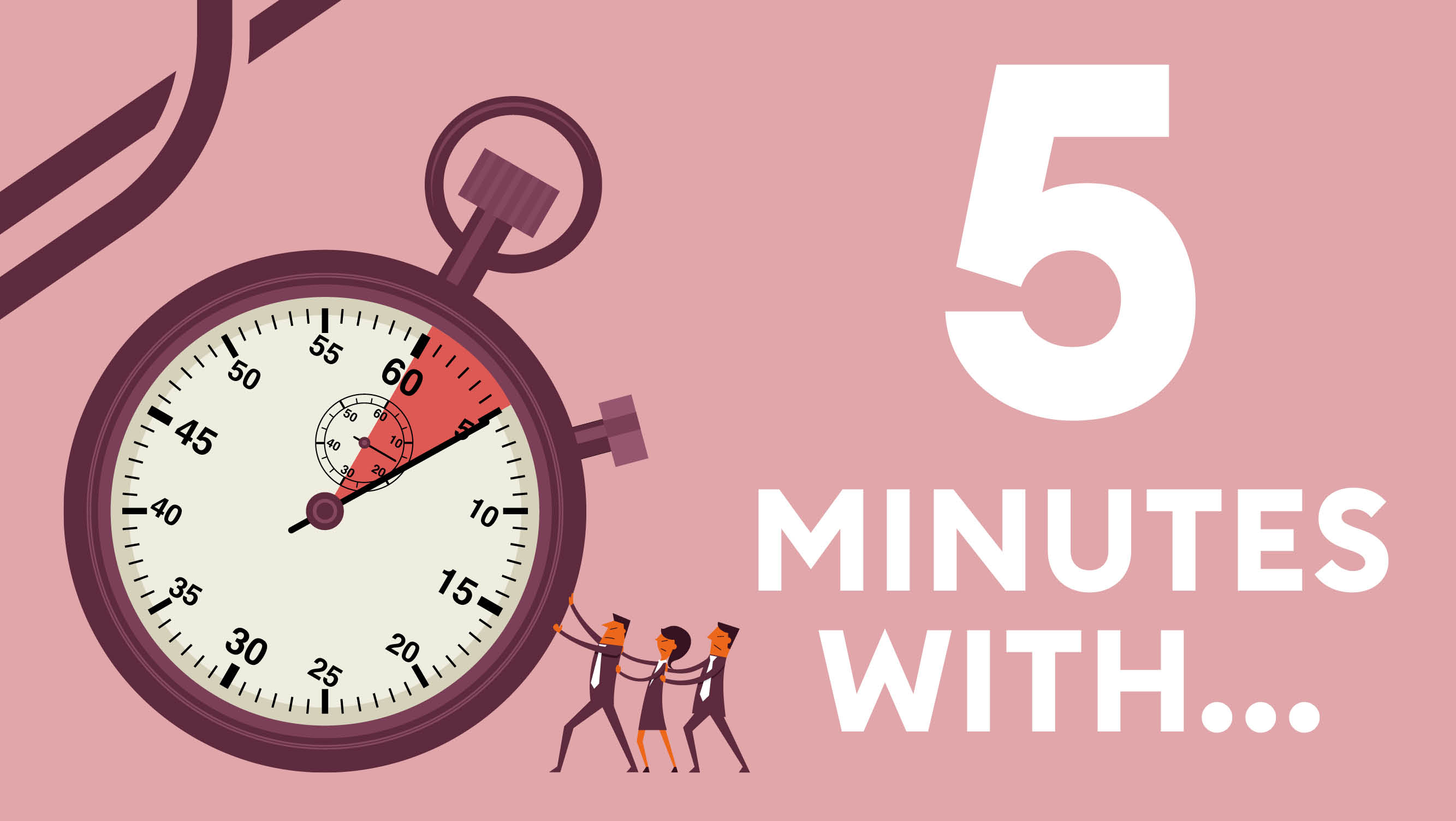We asked organisational psychologist Dr Rebecca Newton, author of Authentic Gravitas, for her tips on how to stand out for all the right reasons.
How would you define ‘authentic gravitas’ – and why is it important for leaders to have it?
Gravitas at work means you are taken seriously, your contributions are considered important, you are recognised as adding substantial value, and you are trusted and respected. Authentic gravitas comes when we make this contribution intentionally, in line with our values and unique strengths.
Is this about position or should we all try to cultivate it?
Authentic gravitas isn’t reserved for the people in formal positions of senior leadership. Professionals regarded as having a high degree of gravitas are across industries and organisations, some with extensive experience, some with very little.
Isn’t authentic gravitas an innate quality?
One of the biggest myths of gravitas is that it’s something we are born with. People often feel, “I’m just not like that”. We look at others and perceive their confidence, presence and how they have a powerful impact, and think they’re just wired differently to us.
However, often those people are choosing to be courageous rather than feeling confident and have committed to developing skills that lead to gravitas. I’ve seen hundreds of professionals develop their own authentic gravitas; it requires self-leadership, discipline and courage, but it certainly can be done.
Is it equally achievable for men and women?
Yes! Some studies suggest women are more likely to expect their work to speak for itself (and so are less likely to shout about their accomplishments or the value they’ve added, leading to their work at times to be overlooked) and are less likely to speak up about their goals and what they want for their careers (which at times can be wrongly misinterpreted as lower ambition).
For some women, it’s important to speak up more about their goals and share the value they add, but the research showed men and women are equally able to have authentic gravitas.
What are the benefits of leading with gravitas: for individuals, their staff and their organisations?
People with authentic gravitas are often described as being able to “lead the room”. Leadership means you’re influencing and facilitating others to achieve collective goals.
Authentic gravitas doesn’t just personally make you feel better because people regard you highly or listen to you more. It’s about being able to lead as your best, authentic self. This means you add greater value and make a stronger, positive impact on the wider context and attainment of team or organisational goals.
Are there steps people can take to develop gravitas right now?
In advance of going into your next meeting, before you start thinking about what you’re going to say, clarify your goals for impact by asking yourself: “How do I want people to think, feel, and act as a result of this encounter with me?”
Be certain of your key messages by asking yourself, “if nothing else, what do I want people to remember?”
People with authentic gravitas are intentional about their encounters – they are not just running from one meeting to the next. It’s only after we are certain of these goals for impact that we should start thinking about what we’re actually going to say. This practice can be done in just a few minutes but can make a big difference.
At a time of disruption, how can we lead with authenticity and integrity, while staying committed to change?
The pace and complexity of work means it’s easy to feel we’re just reacting to one thing after another. Being authentic means intentionally acting in alignment with our values.
Spend a few minutes writing down what really matters to you. Ask yourself: “If someone were to describe me to another about the kind of leader/professional I am, what would I want them to say?”
Having integrity and being authentic isn’t about being fixed – it’s about aligning our intentions with our impact on those around us. We can have integrity, be authentic and yet flexible and open to change. In fact, to make sure we have the impact on others we want to have, we actually need to change to keep closing that gap.
Could you any examples of high-profile people with gravitas?
People often cite Nelson Mandela, former president of South Africa, as an example of a leader who demonstrated authentic gravitas.
It’s not about being the loudest, most dominant person in the room, but about knowing your values and beliefs, being clear about your goals for impact and having the courage to lead.

